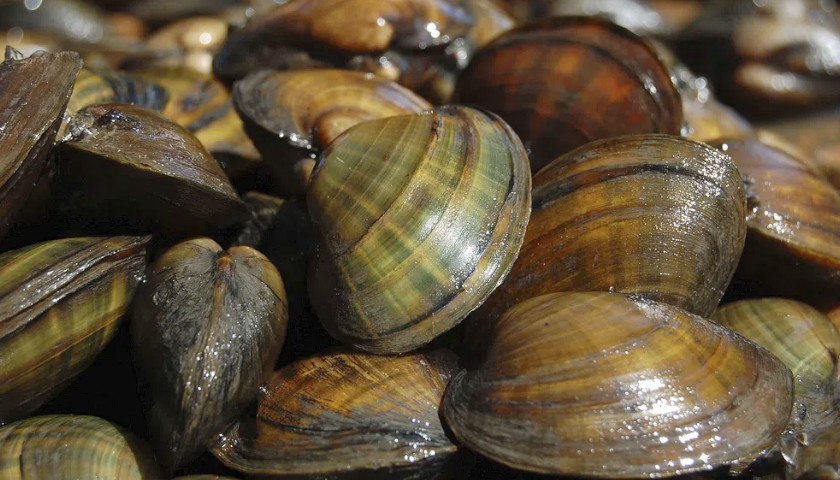The U.S. Fish and Wildlife Service announced on Thursday a $5.1 million investment initiative for endangered species recovery implementation efforts for four focal species groups.
The four groups of species which will benefit from the recently-announced investment are Hawaiian and Pacific Island plants, pollinators (butterflies and moths), freshwater mussels, and southwest desert fish – all of which are listed as threatened or endangered species.
Big news for imperiled wildlife!
$5.1 million in Inflation Reduction Act funding will be used for recovery implementation projects that will benefit over 580 threatened and endangered species. https://t.co/Ob21ipRIZ3
— U.S. Fish and Wildlife Service (@USFWS) July 20, 2023
U.S. Fish and Wildlife Service’s Southeast Region 4, which serves 10 states, including Tennessee, notes the investment is “good news for freshwater mussels in Tennessee, specifically those found in the Conasauga, Elk, Duck and Clinch Rivers.”
Freshwater mussels, according to the Tennessee Wildlife Resources Agency (TWRA), function as natural biological filters and clean lakes, rivers and streams. They also serve as indicators of water quality and as food for other animals, such as fish, muskrats, raccoons, otters, and birds.
The shells of native Tennessee mussels are ideal for the lucrative cultured pearl industry. Approximately 80 percent of the mussel shells exported from the United States are harvested in the Volunteer State.
“Many mussel species are now considered endangered or threatened; some have populations limited to only one or two sites. Forty-two species known from Tennessee are currently on the federal endangered list. Several species are already extinct. Judging from the growing number listed as endangered, others may soon follow,” TWRA writes on its website.
According to the Fish and Wildlife Service, the funds come from the Inflation Reduction Act in its effort to “restore lands and waters and advance climate resilience.”
“This infusion of Inflation Reduction Act funding will allow the Service to achieve impactful conservation for listed species that have been historically underfunded,” Service Director Martha Williams said in a statement. “By undertaking strategic, prioritized recovery implementation actions for Hawaiian and Pacific Island plants, butterflies, moths, freshwater mussels, and southwest desert fish, we are moving hundreds of endangered and threatened species closer to recovery.”
– – –
Kaitlin Housler is a reporter at The Tennessee Star and The Star News Network.











